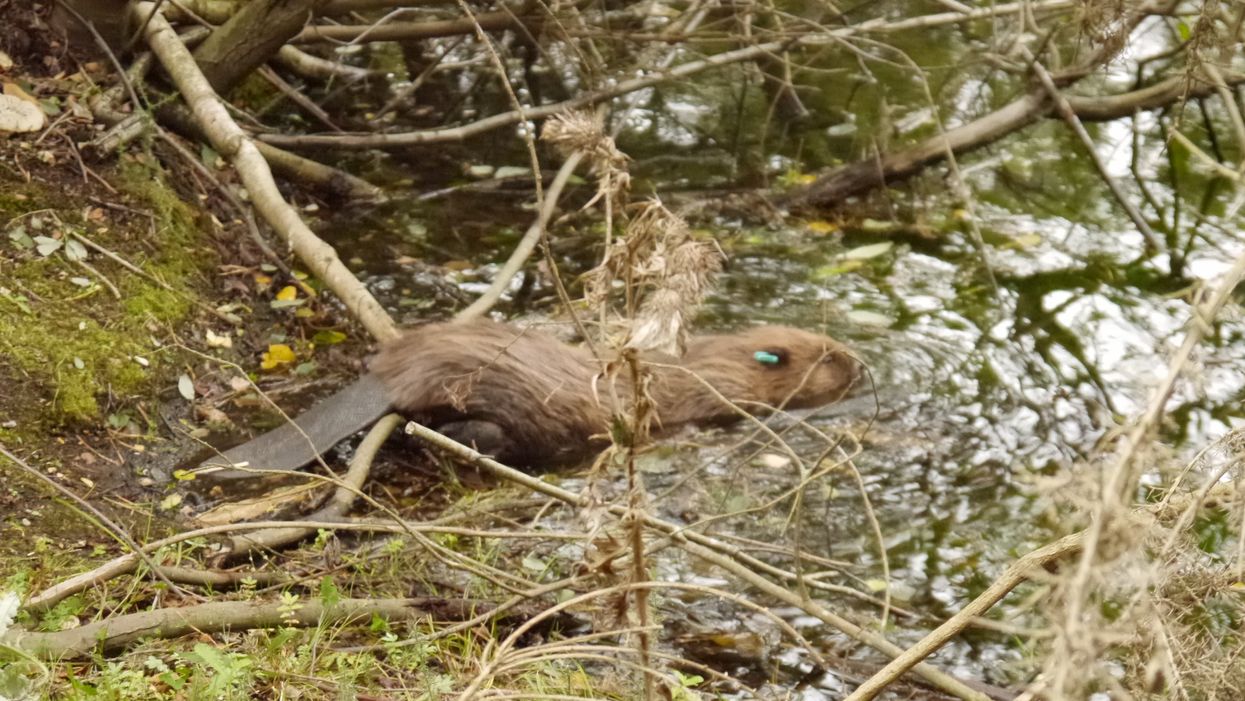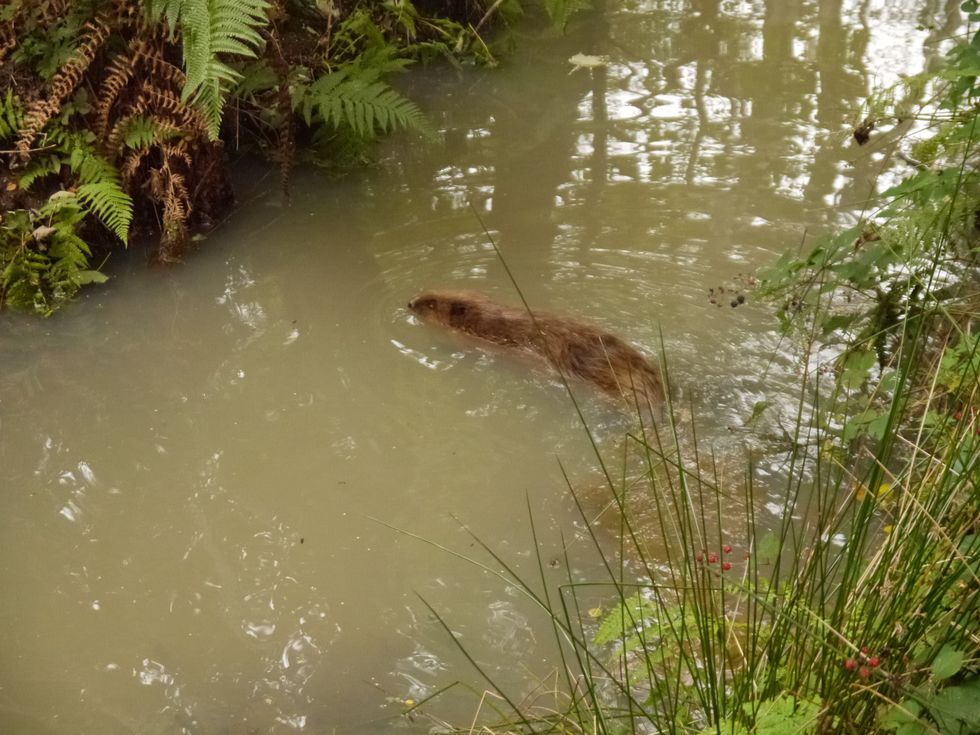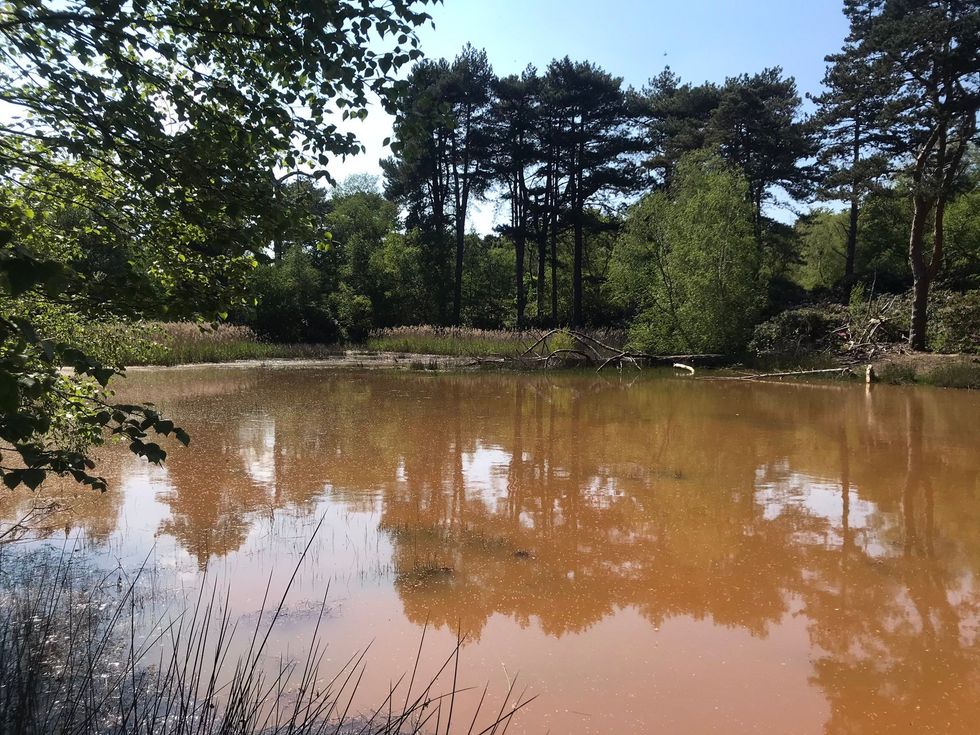
A baby beaver has made history as the first to be born in Norfolk in more than 600 years.
Two pairs of beavers were successfully reintroduced at Wild Ken Hill, near Heacham on the north Norfolk coast, last year.
A baby beaver, known as a kit, has since been captured on camera paddling through water at night.
While only one kit has been spotted, beavers on average produce three offspring so there may be more.
More cameras have been deployed inside the 55-acre beaver enclosure at the nature restoration project to establish how many kits have been born.
Dominic Buscall, project manager at Wild Ken Hill, said: “This is another exciting step on the journey to restore beavers to East Anglia.
“Beavers bring huge benefits to our natural environment.
“With the right balance of protection and management, we could harness them across England to assist nature recovery and prevent flooding – the project here at Wild Ken Hill is seeking to demonstrate that.”
Eurasian beavers were once native to Norfolk and are known as ecosystem engineers due to their presence having such a positive impact on the local environment and biodiversity.
Once common in these lands, European beavers were hunted to extinction for their fur, glands and meat in the 16th century.
The nearby villages of Babingley and Flitcham in Norfolk have beavers on their village signs at is was said that, during a historic storm out in the Wash, beavers guided Saint Felix to safety in west Norfolk.
Lloyd Park, conservation leader and ecologist at Wild Ken Hill, said: “This beaver kit represents an historic moment towards the conservation and restoration of the species within lowland England.
“Beavers are a vital link in restoring and regenerating our natural places, and in their short time here at Wild Ken Hill they have already made a significant impact on the landscape within their enclosure.
“Through their natural processes we have seen increased water levels and changes to the woodland structure that provide opportunities for a host of other wildlife.”
Camera footage shows a kit swimming in the territory of a pair of beavers named Orange and Flow, who first met in autumn last year and spent the winter and spring bonding and building dams.
In May this year, a lodge was also discovered in the beaver enclosure.
Beavers build lodges as protection from predators and will raise their kits inside them in the first few months.
A post on Wild Ken Hill’s website said: “Incredibly exciting news – trail cameras inside the beaver enclosure at Wild Ken Hill have spotted a beaver kit – the first in Norfolk for over 600 years.”
Further camera traps have not spotted any more kits, but the beaver enclosure is large and it is possible that more will be discovered in coming months.















